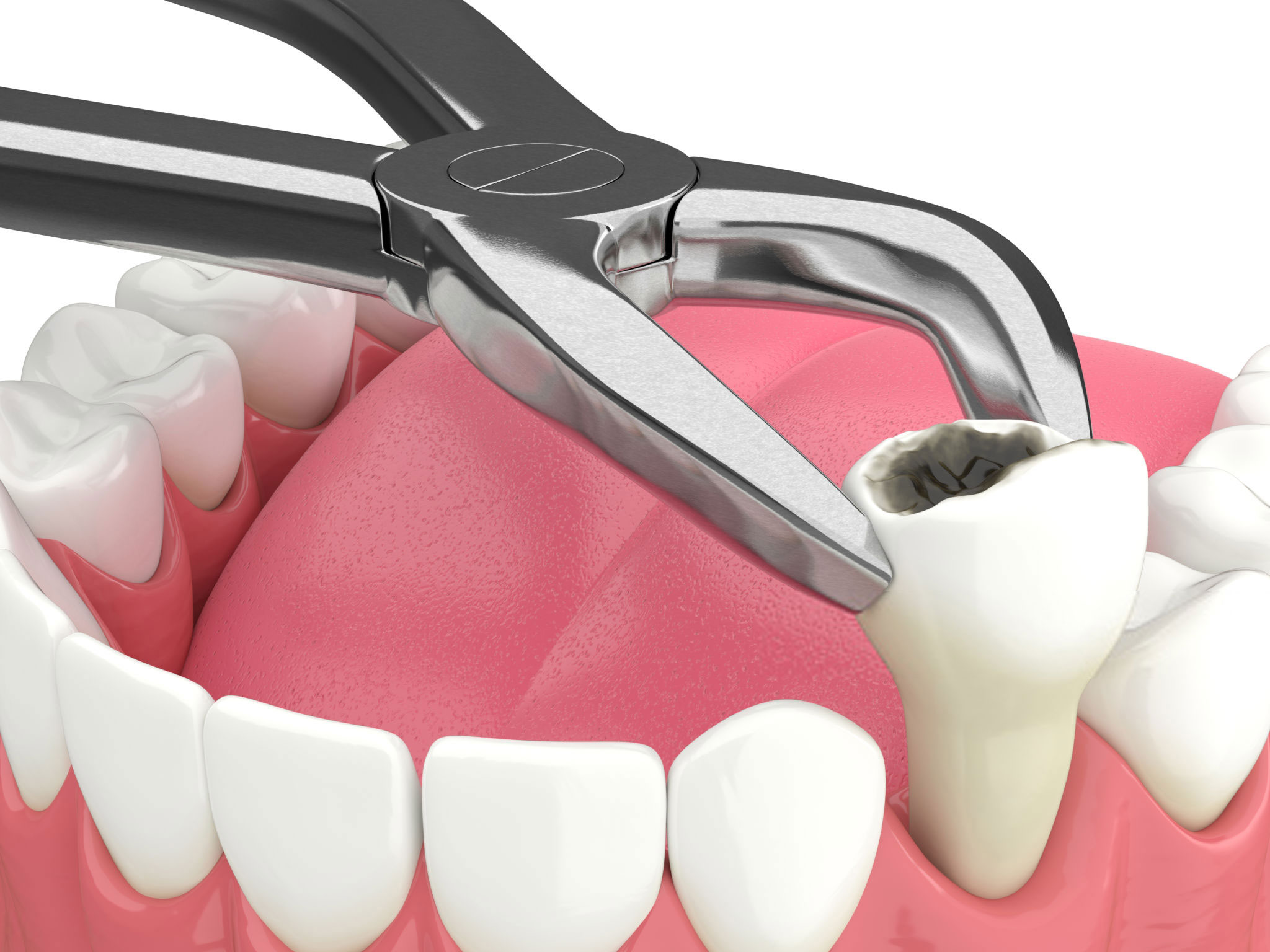When Is It Necessary to See an Oral Surgeon?

Strong 8k brings an ultra-HD IPTV experience to your living room and your pocket.
Oral health is a critical aspect of overall well-being, and while regular visits to your dentist are essential, there are times when your dental issues may require the skills of a specialist. Oral surgeons, also known as oral and maxillofacial surgeons, are trained to diagnose, treat, and manage a wide range of conditions that affect the mouth, teeth, jaw, and facial structures. Knowing when to see an oral surgeon can help you avoid complications and receive the best possible care. If you're unsure whether to visit an oral surgeon, it's essential to consult your top-rated Palmdale dentist, who can provide a referral and guide you on the best course of action.
What Does an Oral Surgeon Do?
An oral surgeon specializes in surgeries involving the teeth, mouth, jaw, and facial structures. Their training includes advanced techniques in anesthesia, surgical procedures, and the management of complex dental issues that go beyond the capabilities of a general dentist. While a dentist can address many common dental problems, some conditions require the specialized care of an oral surgeon.
When Should You See an Oral Surgeon?
There are several scenarios where consulting with an oral surgeon may be necessary. Here are some common situations that require their skills:
1. Wisdom Tooth Removal
Wisdom teeth, also known as third molars, are the last set of teeth that typically appear in late adolescence or early adulthood. In many cases, there isn’t enough room in the mouth for these teeth to erupt correctly, leading to impaction or other complications. If your wisdom teeth are causing pain, infection, or damage to neighboring teeth, an oral surgeon may need to remove them. Extraction of wisdom teeth is a common procedure that an oral surgeon best handles due to the complexity of the procedure and the need for sedation or anesthesia.
2. Tooth Extractions for Severe Decay or Damage
While a dentist can perform routine tooth extractions, more complicated extractions, such as removing teeth that are impacted, severely decayed, or broken, may require an oral surgeon. If your tooth is fractured below the gum line, or if the extraction involves a surgical approach, an oral surgeon’s skills ensures that the procedure is performed safely and effectively.
3. Dental Implants
Dental implants are a popular solution for replacing missing or damaged teeth. While a dentist can place the crowns or bridges, the surgical placement of the implant itself may require an oral surgeon. Implant surgery involves placing a titanium post into the jawbone, which requires a detailed understanding of the jaw's anatomy and proper surgical techniques. An oral surgeon can also address any issues related to bone grafting if your jawbone is insufficient to support the implant.
4. Jaw Misalignment (Orthognathic Surgery)
Some individuals may experience issues with jaw alignment that affect their ability to chew, speak, or breathe. If you have a condition such as an underbite, overbite, or other severe jaw misalignment, your dentist may refer you to an oral surgeon for orthognathic surgery. This procedure realigns the jaw to improve both function and appearance. It’s a significant surgical procedure that requires specialized training and experience.
5. Facial Injuries or Trauma
Facial trauma, such as broken or fractured jaws, facial bones, or severe lacerations in the mouth, can result from accidents or injuries. Oral surgeons are trained to handle facial trauma and perform reconstructive surgery to repair fractures and restore the function and appearance of the affected area. If you've experienced any facial injury, it’s crucial to seek the care of an oral surgeon to ensure proper healing and recovery.
6. Treatment of Oral Cancer
Oral and maxillofacial surgeons also play a key role in diagnosing and treating oral cancer. If you notice abnormal lumps, sores, or persistent pain in the mouth, throat, or jaw, an oral surgeon can perform a biopsy to determine if the issue is cancerous. If cancer is diagnosed, the surgeon may perform surgery to remove the tumor and any affected tissue, working in conjunction with oncologists for additional treatments.
7. Sleep Apnea Surgery
Severe cases of sleep apnea that don't respond to non-surgical treatments, such as CPAP therapy, may require surgery to address the underlying issues. Oral surgeons can perform procedures such as jaw surgery or removal of excess tissue in the throat to improve airway function and alleviate sleep apnea symptoms.
Conclusion
While a visit to your dentist is essential for regular checkups and basic dental care, certain conditions require the skills of an experienced oral surgeon in Palmdale. If you’re dealing with wisdom teeth issues, jaw misalignment, tooth extractions, or facial injuries, it’s essential to consult an oral surgeon. Your dentist will help determine if a referral to an oral surgeon is necessary, ensuring you receive the specialized care you need for your oral health.
Note: IndiBlogHub features both user-submitted and editorial content. We do not verify third-party contributions. Read our Disclaimer and Privacy Policyfor details.


